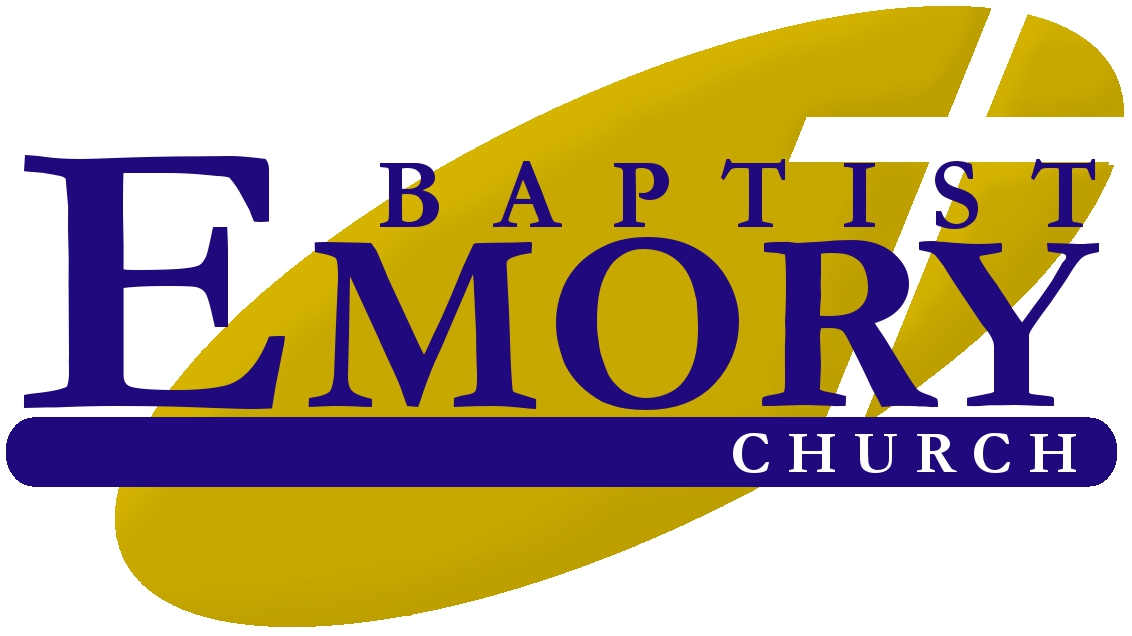Episodes

Sunday Apr 05, 2020
By Whose Authority?
Sunday Apr 05, 2020
Sunday Apr 05, 2020
I want to return to Mark’s gospel, chapter 11, this morning and Passion Week, the final eight (8) days of Jesus’ life.
On Sunday, Jesus entered Jerusalem riding a donkey’s colt. A small crowd was in front of Him and a small crowd was behind Him hailing Him as the Messiah. He went back to Bethany to spend Sunday night.
On Monday morning, He and His disciples went back into Jerusalem. On their way, we saw the cursing of the fig tree which was a foreshadowing of God’s judgment on Israel and a warning to us that our faith must bear fruit to be saving faith.
Also on Monday, Jesus cleansed the temple. He drove out the money changers and refused to allow the temple to be used as a shortcut for travelers. This particular event drew the ire of the chief priests and scribes because they felt that Jesus was subverting their authority. Monday came to an end and back to Bethany they went for the night.
On Tuesday, Jesus and His disciples headed back into Jerusalem. They passed the withered fig tree on the way, and Jesus took the opportunity to teach on prayer. He talked about the effectiveness of prayer being connected to fruit and faith and forgiveness.
In today’s text, we are still on Tuesday and still in Jerusalem, and Jesus is going to be confronted with what happened the previous day particularly regarding the temple. I invite you to turn to Mark 11:27 as I share a message with you entitled “By Whose Authority?”
- Some Inquiring Minds, Mark 11:27-28
27 Then they came again to Jerusalem. And as He was walking in the temple, the chief priests, the scribes, and the elders came to Him. 28 And they said to Him, “By what authority are You doing these things? And who gave You this authority to do these things?”
Jesus and His disciples had gone back to the temple on Tuesday, perhaps to see if what had taken place on Monday was still intact. They were met by the chief priests and scribes and elders. Notice this group “came to Him,” which ought to give us a clue about their intentions.
Collectively, this group was known as the Sanhedrin, and they were in charge of Jewish Religious Life, and that included the temple. Furthermore, the chief priests would be similar to our executive branch. The scribes would be similar to our legislative branch, experts in the Law, and the elders would be similar to our judicial branch.
They then asked Jesus two questions. The first was “By what authority are You doing these things?” “These things” surely referred to cleansing the temple on Monday and Jesus’ teaching about prayer. After all, the Sanhedrin saw themselves as the highest authority in matters regarding the temple.
The second question was similar to the first. It was “Who gave You this authority to do these things?” Jesus had done something different from anyone else. He acted without asking the Sanhedrin for their permission. He didn’t consult them. He didn’t clear it with them. They wanted to know by whose authority was He acting or in other words, they wanted to know Jesus’ credentials.
- An Implied Message, Mark 11:29-30
29 But Jesus answered and said to them, “I also will ask you one question; then answer Me, and I will tell you by what authority I do these things: 30 The baptism of John—was it from heaven or from men? Answer Me.”
Instead of answering their questions with a statement, Jesus asked a question of His own. He answered their two questions with one question. Jesus was good at this and did it often. His answer to them was dependent on their answer to Him.
Verse 30 contains His one question. He asked about John’s baptism, and this also included his ministry and authority. Was it from heaven, meaning divine origin or God, or from men, meaning of human origin. Notice how direct He was as verse 30 ends with “Answer Me.”
Now, what was the implied message? The implied message was that wherever John’s baptism was from was the same place that He received His authority, and that was from God. John the Baptist was God’s Messenger, and Jesus was and is God’s Son. Another way to put it is that Jesus was saying that He and John were on the same team. They were working for the same boss and working for the same goal.
- Some Ignorant Men, Mark 11:31-33
31 And they reasoned among themselves, saying, “If we say, ‘From heaven,’ He will say, ‘Why then did you not believe him?’ 32 But if we say, ‘From men’”—they feared the people, for all counted John to have been a prophet indeed. 33 So they answered and said to Jesus, “We do not know.” And Jesus answered and said to them, “Neither will I tell you by what authority I do these things.”
Now, the ball was in the Sanhedrin’s court. They had to answer Jesus’ question, and the answer to Jesus’ question would be the answer to their questions so they began to talk through their options.
Their first option was to say that John’s baptism was from heaven and God. However, if they said that, then Jesus would ask them why they didn’t believe him and follow him because in effect, they were not following God.
If they said heaven, they would stand condemned for rejecting God’s messenger. They would also be saying that Jesus’ authority came from heaven and God and therefore acknowledging Him as the Messiah.
Their other option was to say that John was simply human, and therefore had no divine authority what so ever. However, if they said that, they were afraid of how the people would respond because John was considered to be a true prophet, a prophet of God.
As with the first option, to say that John was from human origin was to say that Jesus was from human origin. Needless to say, they were in a quandary.
By the way, here is a great illustration of the truth that peer pressure is a real issue for adults as well teenagers. Don’t be fooled into thinking it just happens in junior high or high school. These adults feared their reputation over telling the truth, and it is always right to do the right thing even if it costs your reputation.
There answer recorded in verse 33 simply says, “We do not know.” They pled ignorant. As a result, Jesus then refused to answer the questions.
Conclusions
First, ignorance isn’t always bliss. That is a cliché that simply means that sometimes it is better not to know. That may be true in some instances, but not in the case of your relationship with Jesus.
You can’t just not accept Him and be ok. If you don’t accept Him, you are rejecting Him. It was true for the Sanhedrin, and it is true today. If you don’t accept Jesus, you reject Jesus. There is no third option or middle ground.
Second, if you received Jesus as Savior, you are also receiving Him as Lord. If you are saved, He is the ultimate authority in your life.
Tradition may carry some authority. Experience may carry some authority. Family may carry some authority, but at the end of the day, Jesus must sit on the throne of your heart.
Luke 6:46, 46 “But why do you call Me ‘Lord, Lord,’ and not do the things which I say?


No comments yet. Be the first to say something!